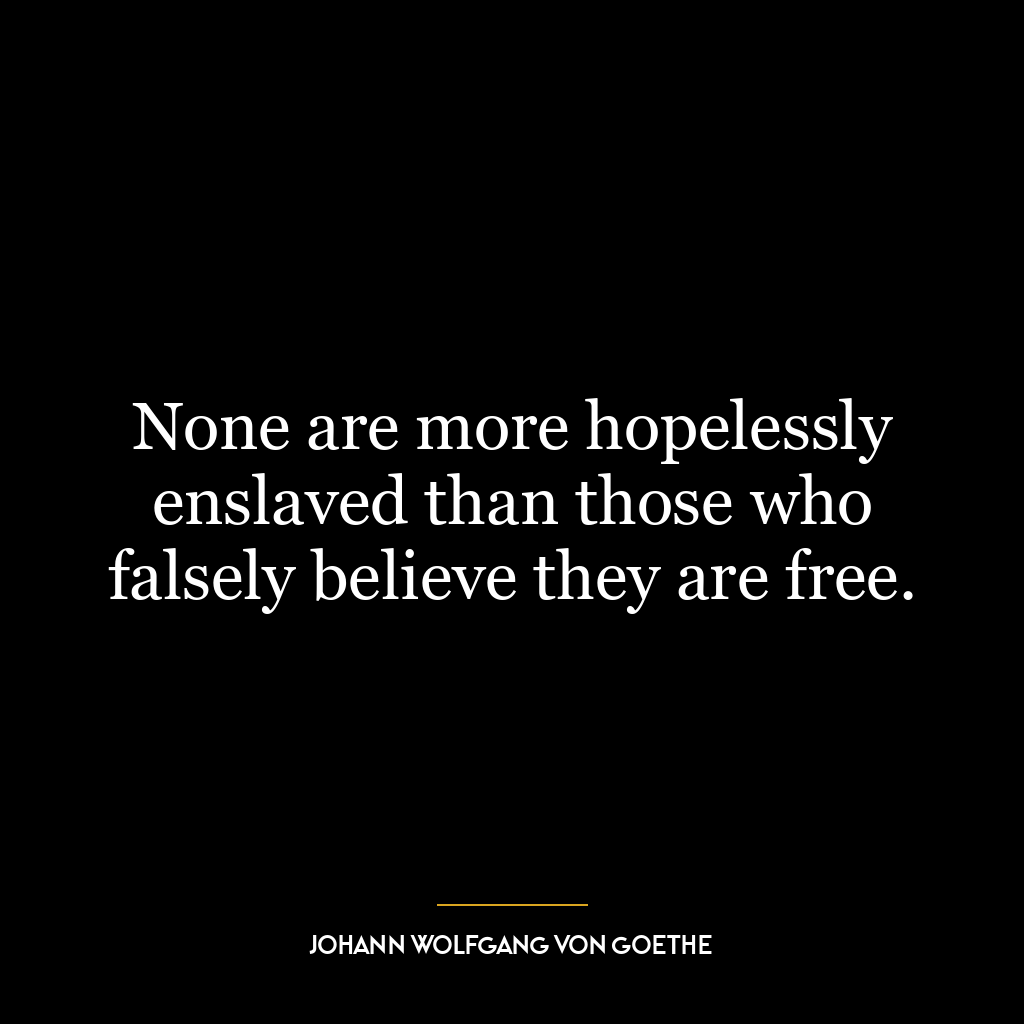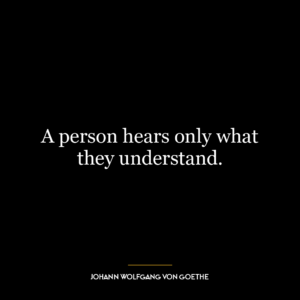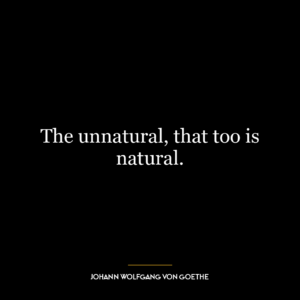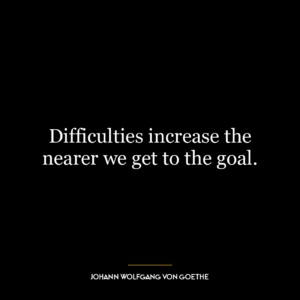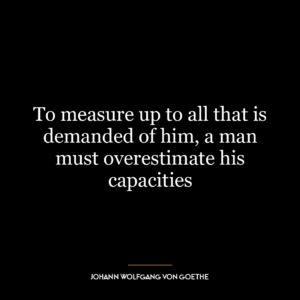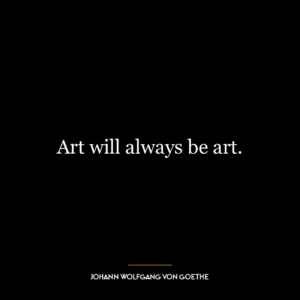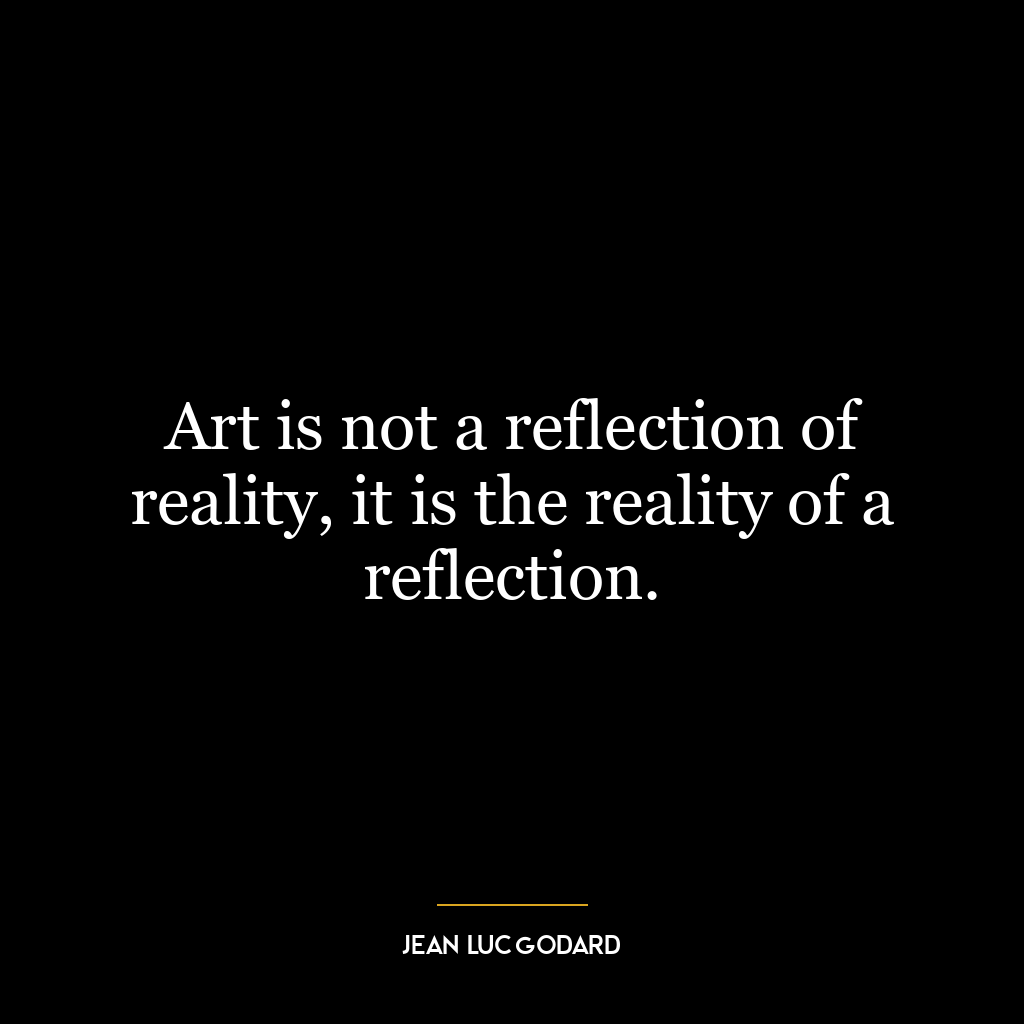This quote suggests that the most profound form of enslavement is not physical, but mental. It speaks to the illusion of freedom that many people live under, when in reality they are bound by their own misconceptions, ignorance, or societal constructs. It implies that people who are unaware of their own restrictions are even more confined because they do not see the need or have the motivation to liberate themselves. They are “hopelessly enslaved” because their false belief in their freedom prevents them from recognizing and breaking their chains.
On a societal level, this quote could be interpreted as a commentary on the many ways in which systems and institutions can subtly control individuals. For example, citizens of a country might believe they are free because they have the right to vote, but if the media, education system, or other societal structures are manipulated or biased, their choices and perspectives can still be heavily influenced without them even realizing it.
In terms of personal development, this quote can be applied to the way people often limit themselves with their own beliefs and perceptions. For instance, someone might believe they are free to pursue their dreams, but if they are subconsciously held back by fear of failure, societal expectations, or ingrained beliefs about their own capabilities, they are not truly free. Until they recognize and confront these mental barriers, they remain “hopelessly enslaved” by them.
In today’s world, this quote is particularly relevant in the context of the digital age. Many people believe they have access to unlimited information and perspectives through the internet, and thus are free to form their own opinions. However, with the prevalence of algorithms that create echo chambers and the spread of misinformation, people’s thoughts and opinions can be manipulated and controlled in ways they do not even realize.
In conclusion, this quote is a powerful reminder to constantly question and scrutinize our perceived freedoms. It encourages us to break free from the invisible chains that limit us, whether they be societal constructs, personal beliefs, or unseen influences in our digital world.

